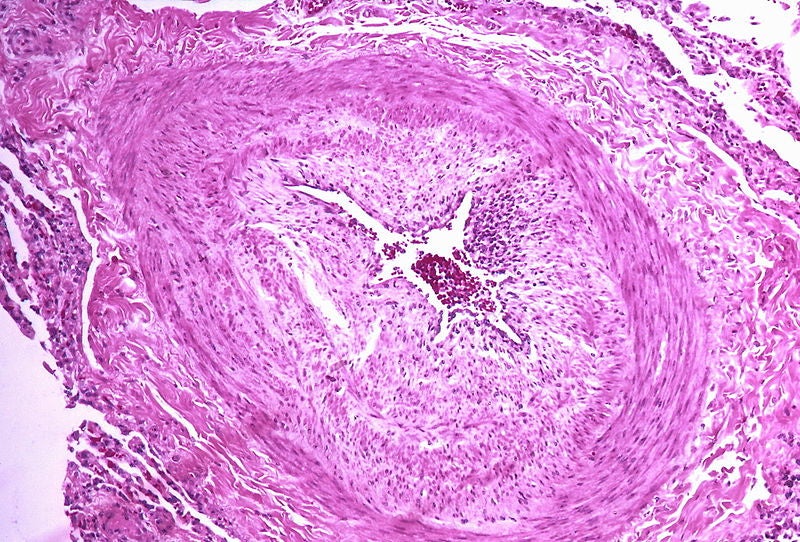
Pfizer’s Phase III study of intravenous (IV) sildenafil (Revatio) added to inhaled nitric oxide (iNO) to treat newborns with Persistent Pulmonary Hypertension (PPHN) has failed to achieve its primary efficacy endpoint.
The trial evaluated the efficacy and safety of Revatio and found that the treatment did not result in a statistically significant reduction in treatment failure rate or time on iNO compared to treatment with iNO alone.

Discover B2B Marketing That Performs
Combine business intelligence and editorial excellence to reach engaged professionals across 36 leading media platforms.
The EU Pediatric Investigational Plan (PIP) study consists of two consecutive parts.
Part A of the trial followed a randomised, placebo-controlled, double-blind interventional design and evaluated the efficacy and safety of the drug.
Part B is an ongoing non-interventional phase with follow-up at 12 and 24 months after the conclusion of treatment.
The latest results solely pertain to the outcomes that were observed from Part A of the study.

US Tariffs are shifting - will you react or anticipate?
Don’t let policy changes catch you off guard. Stay proactive with real-time data and expert analysis.
By GlobalDataThe co-primary endpoints of the trial are treatment failure rate and time on iNO treatment after initiation of IV for patients without treatment failure.
Pfizer noted that the safety and adverse event profile observed in the study was comparable to Revatio’s known safety profile in studies conducted earlier in pediatric and adult patients with pulmonary arterial hypertension taking the drug.
Pulmonary hypertension is an incurable and life-threatening disease that occurs when the pulmonary arteries become narrowed and obstructed.
Revatio was initially approved by the European Commission in October 2005 for the treatment of adult patients with pulmonary arterial hypertension classified as WHO functional class II and III.
It has since been approved and launched in more than 50 countries.
In May this year, Pfizer’s Phase III clinical trial of Lyrica (pregabalin) as an adjunctive therapy in epilepsy patients suffering from primary generalised tonic-clonic (PGTC) seizures failed to meet its primary endpoint.





